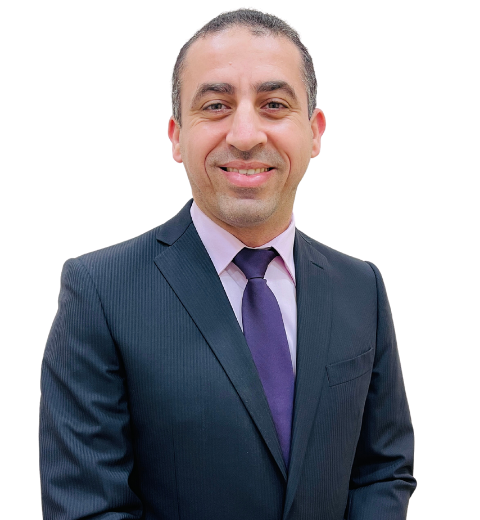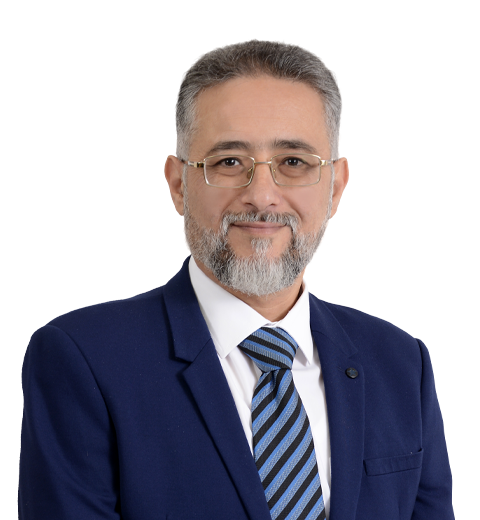When it comes to shoulder pain management, the range of available options can feel overwhelming. From over-the-counter remedies to structured physical therapy programs, there are many strategies to help reduce discomfort, restore mobility, and prevent recurrence. This guide breaks down the key approaches so you can better understand what works, when to use it, and why consulting a healthcare professional is essential.
Understanding Shoulder Pain
Your shoulder is the most mobile joint in the human body, allowing you to lift, rotate, and extend your arm in multiple directions. This incredible range of motion, however, also makes it prone to injuries and chronic conditions.
Effective management starts with identifying the underlying cause and seeking early guidance from orthopedic experts who can tailor your treatment plan.
Common Causes of Shoulder Pain
- Injuries: Dislocations, rotator cuff tears, sprains, and fractures
- Chronic conditions: Arthritis, bursitis, tendonitis, or frozen shoulder
- Repetitive strain: Overhead movements in sports or work
- Postural issues: Poor ergonomics or slouching over long periods
The orthopedics and sports medicine services at Burjeel Royal Hospital, Al Ain address these causes through precise diagnosis, advanced imaging, and individualized rehabilitation programs.
Symptoms of Shoulder Pain
- Stiffness or limited range of motion
- Sharp or aching pain during movement
- Weakness in the arm or shoulder
- Swelling, redness, or warmth around the joint
If these symptoms persist beyond a few days, it’s best to consult our orthopedic specialists, for an accurate evaluation.
Medications for Shoulder Pain
Medication can provide short-term relief and reduce inflammation, allowing you to move more comfortably while addressing the root cause.
Over-the-Counter Medications
- NSAIDs (ibuprofen, naproxen): Reduce pain and inflammation
- Acetaminophen: Helps with mild to moderate pain but does not reduce inflammation
- Topical creams or gels: Applied directly to the skin for localized relief
Prescription Medications
When pain becomes severe or chronic, orthopedic experts may recommend:
- Stronger NSAIDs or corticosteroid injections
- Muscle relaxants for spasms
- Opioid medications (short-term, for acute pain only)
NOTE: These medications must be used under medical supervision due to potential side effects.
Physical Therapy for Shoulder Pain
Physical therapy (PT) is one of the most effective non-invasive strategies for shoulder pain management. Physiotherapy is a cornerstone of shoulder pain management at Burjeel Royal Hospital, Al Ain. It plays a key role in restoring movement and preventing recurrence.
Benefits of Physical Therapy
- Restores mobility and flexibility
- Strengthens supportive muscles around the joint
- Reduces pain and stiffness
- Prevents future injuries
Techniques Used in Physiotherapy
- Targeted exercises for strength and range of motion
- Manual therapy and massage to release tension
- Stretching programs tailored to specific conditions
- Posture correction training to reduce strain on the joint
The orthopedics and sports medicine team at Burjeel Royal Hospital ensures every program is tailored to your specific condition—whether post-injury, post-surgery, or due to chronic issues.
Alternative Shoulder Pain Relief Strategies
In addition to medication and physical therapy, several alternative approaches can support recovery and long-term management.
Hot and Cold Therapy
- Cold compresses: Reduce swelling and numb sharp pain
- Heat therapy: Relaxes stiff muscles and improves blood flow
Lifestyle Changes
- Posture awareness: Sitting and standing upright reduces stress on the shoulder
- Workstation ergonomics: Proper desk and chair alignment prevent strain
- Regular stretching: Keeps the joint flexible
- Activity modification: Avoiding repetitive overhead movements when possible
Some patients also benefit from complementary care like acupuncture, yoga, or osteopathy—under the guidance of orthopedic specialists.
FAQs
Yes, mild shoulder pain can often be managed with rest, ice/heat therapy, over-the-counter pain relievers, and gentle stretching.
If your pain lasts more than a week, worsens despite rest, or limits your motion, visit the orthopedics and sports medicine department at Burjeel Royal Hospital, Al Ain.
No. Most cases improve with conservative management such as medication, PT, and lifestyle changes. Surgery is typically reserved for severe injuries or advanced arthritis.
Conclusion
Effective shoulder pain management requires a comprehensive approach. Medications may provide short-term relief, but physical therapy, lifestyle adjustments, and preventive strategies are key to long-term improvement.
At Burjeel Royal Hospital, Al Ain, our orthopedic specialists and sports medicine experts are committed to helping you regain mobility, strength, and confidence. With advanced orthopedics and sports medicine services, we ensure that every patient receives personalized care for faster, safer recovery.












